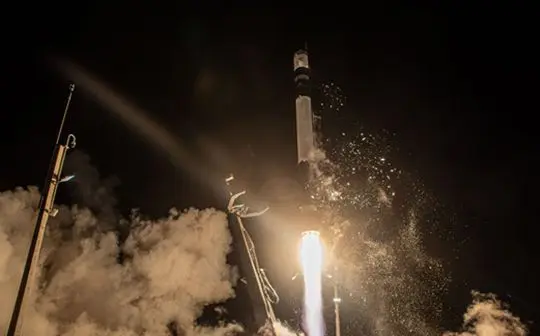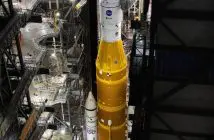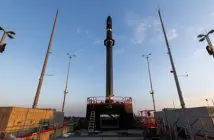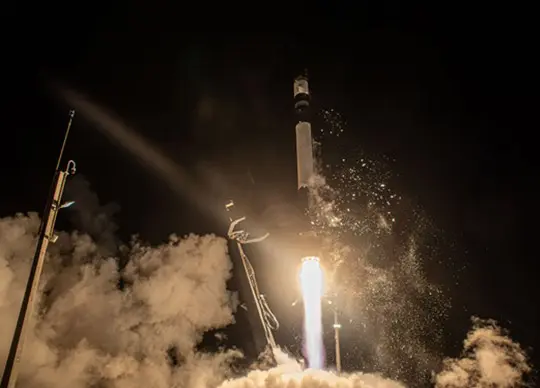
Astroscale Japan says it can confirm the successful launch of its commercial debris inspection demonstration satellite, Active Debris Removal by Astroscale-Japan (ADRAS-J), from Rocket Lab’s Launch Complex 1 in Mahia, New Zealand on Sunday, February 18, at 2:52 pm UTC.
“The Astroscale Japan Mission Operations team in Tokyo has successfully made contact with ADRAS-J and is ready to start operations,” said Eijiro Atarashi, ADRAS-J Project Manager. “This milestone signals the start of our mission, and we are excited to survey and characterize a real piece of debris through our innovative Rendezvous and Proximity Operations (RPO) capabilities.”
The ADRAS-J spacecraft was selected by the Japan Aerospace Exploration Agency (“JAXA”) for Phase I of its Commercial Removal of Debris Demonstration program. Astroscale Japan is responsible for the design, manufacture, test, launch and operations of ADRAS-J.
The ADRAS-J mission is the world’s first attempt to safely approach, characterize and survey the state of an existing piece of large debris through RPO. ADRAS-J is designed to rendezvous with a Japanese H2A upper stage rocket body, demonstrate proximity operations, and gather images to assess the rocket body’s movement and condition of the structure. The mission will demonstrate the most challenging RPO capabilities necessary for on-orbit services.
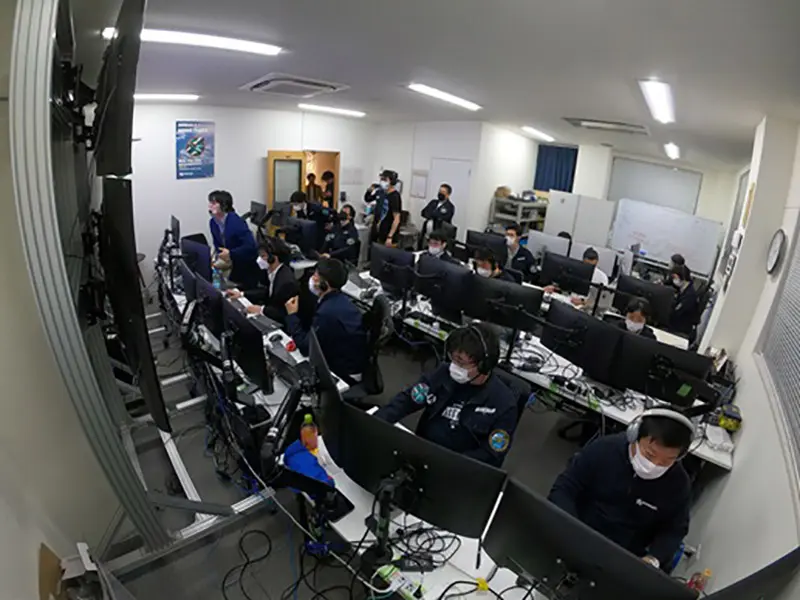
“The launch of ADRAS-J is a new chapter in Astroscale’s history as the first mission we have contracted for a space agency to successfully reach orbit,” said Eddie Kato, President and Managing Director of Astroscale Japan. “ADRAS-J is monumental for us as a company and for the entire sector as the mission will demonstrate the essential RPO capabilities for future on-orbit services. Thank you to all the Astroscale team, JAXA, our partners and supporters for their commitment and dedication to getting us to this point.”
In the coming days, the ADRAS-J team will continue in orbit tests and checkouts, before commencing rendezvous operations.
The H2A rocket body, which was launched in 2009, is an unprepared object that does not provide any GPS data on its own, meaning the precise location and orbital position needed for an RPO mission is not available.
ADRAS-J will use ground-based observation data of the client’s approximate orbital position to initially approach the client from a safe distance based on this limited information.
The following stages of the mission include rendezvous, proximity approach, proximity operations and departure, and are expected to be completed over the next several months.

